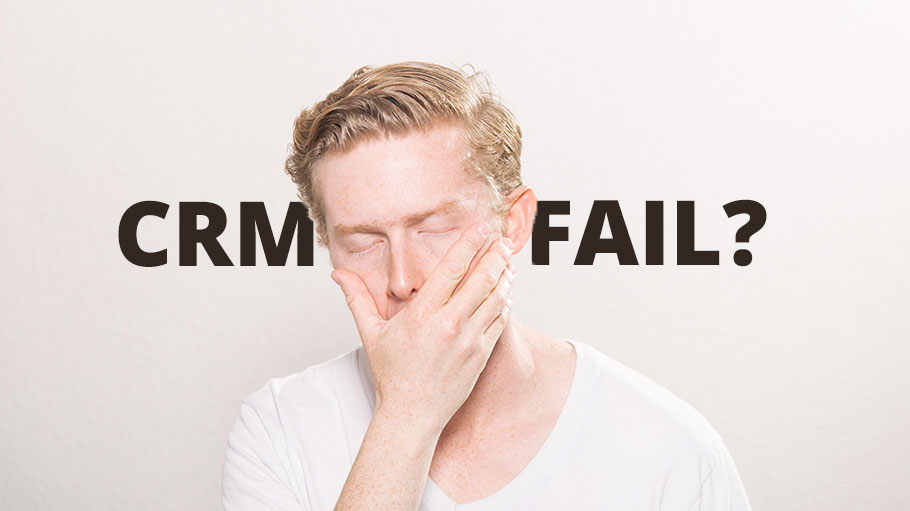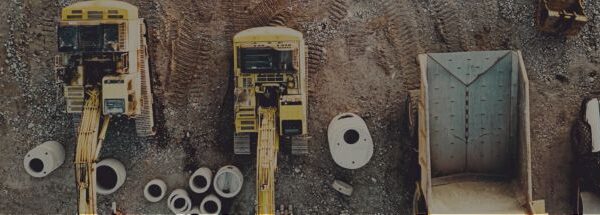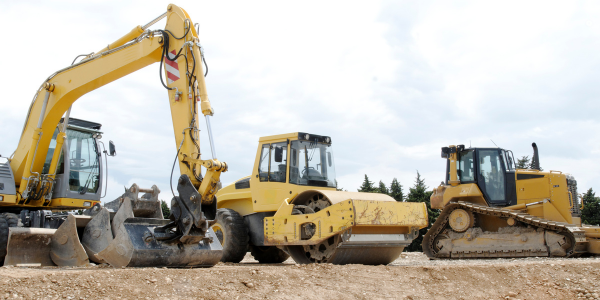
We hear this time and time again: “We implemented X for our CRM system. Our salespeople hated it. They didn’t keep it up to date and we’re spending a fortune on licenses and not getting any value for our money.”
It’s not the CRM system’s fault. It’s just that rental is a unique business model. Your customer relationship isn’t just about the converting the quote or closing the sale, because the sale may not close for months. If it’s a 6-month rental, your customer service is an ongoing relationship that lasts from the day the customer asks for a rate to the day that you bring the equipment back off rent. Then there’s the follow-up conversation about the damage and ultimately the argument over the final rental invoice. This type of sale doesn’t genuinely end until that final invoice.
In the rental world, closed may mean it’s still open
And unfortunately, CRM systems aren’t set up to think like this. They are focused on the stages of a deal. “Closed” normally means the contract is signed and then you move onto the next opportunity. In a rental business, every new opportunity to an existing customer occurs in the context of existing “Closed” deals which are actually open and ongoing in the practical business sense.
Customer relationships don’t end with sales
Your customer has an ongoing relationship not just with the salesperson, but also their delivery driver, the technician who comes to maintain a piece of equipment on a long term rental, the person who takes the emergency call when the equipment breaks down and the person who they call to arrange a pick up. Every one of these relationships is a CRM relationship, but generally most of these people aren’t included in the CRM concept and they don’t access a “CRM” system. What they do access with frequency is your ERP. In a rental business the statistics that make and feed your customer satisfaction scores, the events that determine whether your salesperson walks into a good or a bad conversation when they go to visit a customer generally come from day to day business activities.
The data that matters
The data your salesperson needs when they walk onto that job-site to talk with a customer, or into a procurement office to negotiate with a national account, isn’t conversion ratios and task-tracking information from the CRM systems. It’s KPIs about on-time deliveries, breakdowns, maintenance turnaround times, fleet aging reports, average rates and discounts given. This data should all come from your ERP and be updated in real time. You don’t necessarily need a fancy CRM system like a Salesforce or a Microsoft CRM which separates your customers and sales people from the rest of your business. You need to take the business to your sales people and deliver information that they can use to argue the business case for why that customer should spend more with you, or why their rates need to change.
This doesn’t mean that there isn’t a reason for having CRM systems. But they aren’t necessarily suited to tracking all the customer relationships that occur in a rental business. For a salesperson trying to get new business or one trying to negotiate corporate rates with a construction procurement team for a national contract, a CRM system can be incredibly powerful. For one dealing with existing customers and trying to extend your reach into an existing customer account, they may not always be the right method for tracking. It’s here that failures occur, because the CRM system becomes an unwelcome burden rather than being part of the everyday business process. Salespeople will resent unnecessary administration that they don’t believe adds value and that in turn will undermine your own investment in the CRM application.





